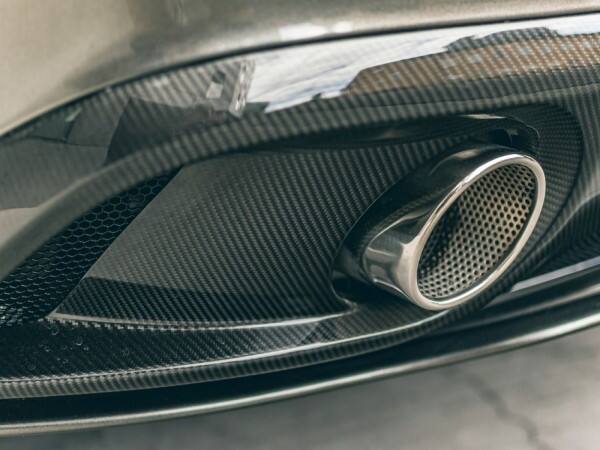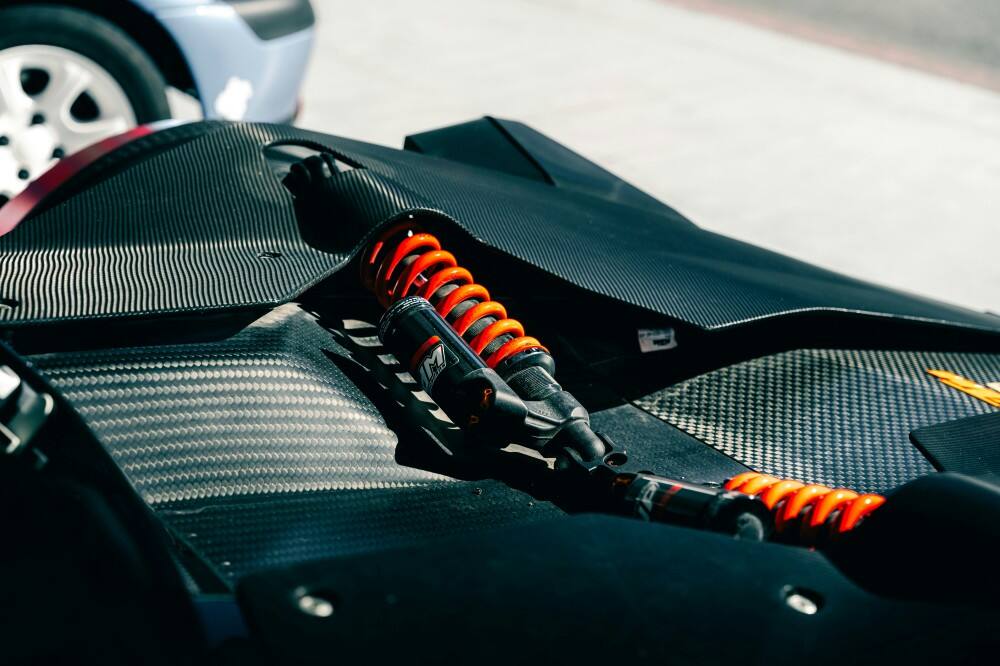No.80 Changjiang Mingzhu Road, Houcheng Street, Zhangjiagang City, Jiangsu Province, China +86-15995540423 [email protected] +86 15995540423
In the pursuit of enhanced fuel efficiency and superior performance, automakers are increasingly turning to carbon fiber for component manufacturing. By significantly reducing vehicle weight, carbon fiber improves handling and responsiveness while of...

In the pursuit of enhanced fuel efficiency and superior performance, automakers are increasingly turning to carbon fiber for component manufacturing. By significantly reducing vehicle weight, carbon fiber improves handling and responsiveness while offering greater durability compared to conventional materials. This shift represents a crucial advancement toward more efficient and sustainable automotive solutions.
Why Composites Matter in Modern Automotive Design
The automotive sector now relies heavily on composite materials due to their unique combination of lightness and resilience. From structural elements to body panels and interior trim, composites contribute to better fuel economy and reduced emissions. Additionally, their adaptability allows for innovative designs that blend functionality with aesthetic appeal, making them indispensable to manufacturers.
 |
 |
Advantages of Composite Materials in Automotive Applications
1. Unmatched Strength-to-Weight Ratio
Composites like carbon fiber deliver exceptional strength without the bulk of traditional metals. Lighter vehicles consume less fuel and produce fewer emissions, offering environmental benefits while cutting production and maintenance expenses.
2. Expanded Creative Possibilities
These materials can be shaped into complex, aerodynamic forms that optimize performance and safety. Their versatility also enables striking visual designs, giving automakers more freedom to create distinctive, high-end vehicles.
3. Superior Protection
Composites enhance safety through their energy-absorbing qualities, minimizing collision impacts. Their resistance to corrosion and wear further ensures long-term reliability, reducing maintenance-related risks.
Carbon Fiber: Transforming Automotive Engineering
Carbon fiber has redefined high-performance and luxury vehicle manufacturing by merging lightweight construction with robust structural integrity. Beyond boosting speed and efficiency, it supports eco-conscious initiatives by lowering emissions. As adoption grows, carbon fiber continues to elevate driving dynamics and inspire cutting-edge automotive innovations.
 |
 |
Where Composites Make an Impact
Structural Components
High-end vehicles utilize carbon, aramid, and glass fibers in chassis and body construction, achieving remarkable stiffness and weight savings.
Interior Durability
Seats, dashboards, and door panels benefit from composites' resistance to daily wear, ensuring longevity in high-use areas.
High-Performance Braking
Composite brake systems excel under extreme conditions, offering consistent stopping power through superior heat management.
Electric Vehicle Advancement
As EVs dominate the market, composites enable lighter, energy-efficient designs that extend range without compromising safety.
Explore Composite Solutions for Your Needs
Interested in integrating these advanced materials into your automotive projects? Contact us for tailored recommendations and expert support.
Copyright © 2026 Zhangjiagang Weinuo Composites Co., Ltd. All rights reserved